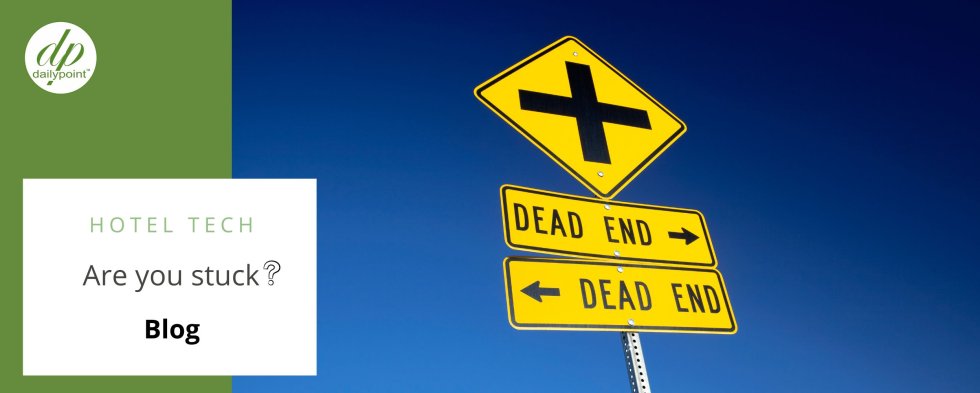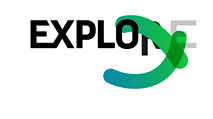

In the contemporary era of digitization, the significance of Big Data directly translates into substantial financial gains. This explains the remarkable valuation of Online Travel Agents (OTAs) in the stock market, outpacing even the largest hotel conglomerates, despite the absence of any physical hotel ownership.
To illustrate, Booking Holdings Inc., the parent company of booking.com, held a market value of $97.73 billion as of May 16, 2023. In contrast, Marriott International, renowned as the world's largest hotel chain, possessed a valuation just above half that figure at $53.48 billion, notwithstanding its ownership of 7,887 properties.
The puzzle remains: why are OTAs overshadowing hotels in their own domain and successfully diverting numerous guests from direct bookings? A primary cause can be traced to the hotels' inability to effectively access and leverage Big Data, consequently falling behind in competition with OTAs. This setback stems from a fundamental issue: a significant portion of hotel IT frameworks is structured in a manner that obstructs efficient collection and utilization of Big Data.
Dr. Michael Toedt, CEO of dailypoint, elucidates this situation. "A prevailing challenge with the average hotel tech stack is its lack of interconnectedness and centralization. Guest data is gathered and stored in isolation within multiple systems constituting the stack, some of which might be on-premise, while others exist in the cloud. Consequently, multiple guest profiles exist in disconnected compartments, preventing the aggregation, refinement, and utilization of data for strategic marketing and enhancing customer experiences."
Research conducted by Dr. Toedt's team reveals instances where certain hotels possess up to 30 distinct profiles for the same guest across disparate systems that lack intercommunication. This predicament, sometimes referred to as a 'spaghetti' or 'Frankenstein' IT stack, poses not only privacy compliance challenges but also inhibits tailored communication, special promotions, and on-site services. In essence, hotels are trapped in a digital quagmire, struggling to break free.
Ironically, hotels have a greater potential to amass guest-related data compared to OTAs. Being physically present on-site, hotels can gather diverse insights through various IT and staff interactions before, during, and after a guest's stay. This includes details such as preferences, likes, dislikes, and usage patterns like room service choices, spa or gym usage timings, and preferred menu items. Online reviews also offer invaluable input.
An immense opportunity lies in consolidating this diverse data to construct a comprehensive guest profile over time. However, the absence of a unified, accurate guest profile, often termed the 'Golden Record,' presents a major hurdle. Interestingly, a substantial number of hotel guests are willing to share personal information in exchange for personalized experiences, as indicated by a 2021 study conducted by IHG Hotels & Resorts voco hotels.
Dr. Toedt emphasizes, "For hotels to effectively compete against OTAs, they must modernize their IT frameworks. This entails harnessing the potential of artificial intelligence (AI), machine learning, and automation to cater to guests' personalized needs while enhancing operational efficiency, marketing strategies, and reporting procedures. The linchpin to achieving this lies in harnessing Big Data, which demands a technology solution centered around Central Data Management (CDM) supported by Data Quality Management (DQM)."
To put it succinctly, the focal point of the tech stack needs to shift from platforms like Property Management Systems (PMS), Customer Relationship Management (CRM), Central Reservation Systems (CRS), and Internet Booking Engines (IBE). Implementing a contemporary CDM system, such as the acclaimed dailypoint 360°, along with a robust DQM tool like dailypoint Data Laundry, facilitates the creation, maintenance, and utilization of the Golden Record for each guest. This subsequently enables insights essential for personalized experiences throughout the customer journey.
Impacts of basing the IT stack around the PMS versus the dailypoint:
The fluctuating ratio of direct versus OTA bookings, especially during and post the COVID-19 lockdowns, underlines the urgency for hotels to revamp their IT setups. By doing so, they can extricate themselves from the digital impasse and confidently advance in today's intricate and competitive landscape.
Like to know more about Big Data and the hotel industry?
For a more detailed exploration of the issues discussed in this blog, please read our new White Paper: ‘Is your hotel stuck in a digital cul de sac? How to leverage Big Data and outshine the OTAs.’ You can download it for free here.







